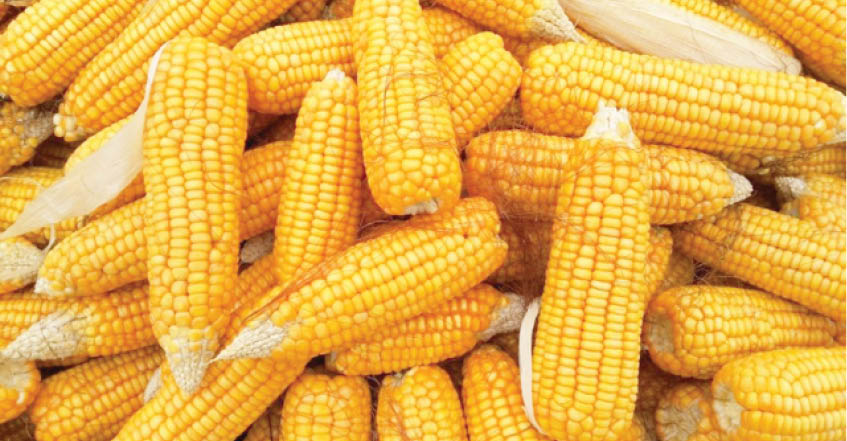Nigeria, as a major maize producer in Africa, possesses immense potential for agricultural development.
Maize plays a vital role in the country’s economy, serving as a staple food crop, livestock feed, and raw material for various industries. However, to unlock the full potential of Nigeria’s maize value chain, experts and stakeholders converged at the just concluded 5th Nigeria Maize Conference, organized by Bayer West-Central Africa, a multinational life science company, in collaboration with the Maize Association of Nigeria (MAAN).
The conference brought together farmers, industry experts and government representatives, to address the challenges facing the maize value chain and how stakeholders can work together to improve productivity.
The conference themed ‘Much More Maize: Engaging Stakeholders for a Sustainable Maize Value Chain’, served as a pivotal platform for exchanging knowledge, sharing experiences, and fostering partnerships to address the challenges and capitalise on the opportunities within the maize value chain into the challenges and opportunities within the country’s maize sector.
- Fraud investigation institute partners ANAN College on professionalism
- Some western news items are sinophobia
Country Sales Manager, Bayer Nigeria Ltd., Temitope Banjo, reiterated the aim of the conference to unite stakeholders in the sector and build a sustainable, collaborative synergy toward a secured future.
He stated, “Bayer remains committed to working closely with stakeholders, supporting the adoption of sustainable agricultural practices, promoting knowledge sharing, and fostering collaboration.’’
According to the organiser, the conference has provided crucial insights to empower farmers and stakeholders while emphasising the importance of continuous learning and adaptation.
The Nigeria Maize Conference served as a hub of knowledge, where participants gained valuable insights into the latest advancements, best practices, and technological innovations in maize production.
Renowned experts shared their experiences and expertise, addressing challenges such as pest control, market access, and agronomic practices. Farmers were equipped with practical tools and techniques to enhance productivity, reduce post-harvest losses, and improve the overall quality of their maize yields.
At the conference, there was the relaunching of Dekalb DK777 a hybrid maize variety developed by Bayer. It is a medium-early maturing variety with a yield potential of 10-12 tons per hectare. It is tolerant to Maize Lethal Necrosis (MLN) disease and has good tolerance to leaf diseases. DK777 has a flint grain type which is good for poundability. It has a strong stem and stands well. The cobs are uniform in placement and easy to harvest. Dekalb DK777 offers high yield potential, tolerance to MLN disease, good tolerance to leaf diseases, flint grain type, uniform cob placement and many more.
In addition to technical knowledge, the Nigeria Maize Conference addressed critical aspects of market dynamics.
In a statement after the conference, participants stressed the need for value chain integration, quality control, branding, and accessing premium markets.
They observed that there is increasing demand for maize by the poultry and manufacturing sectors and there is also the potential of increasing current average maize yield rate and expanding the land area for maize cultivation.
“This comprehensive understanding of market dynamics enabled farmers and stakeholders to align their production and marketing strategies, creating a competitive advantage in both domestic and international markets,” the statement said.
The key takeaway for all participants is the importance of continuous learning and adaptation. Agriculture is an ever-evolving field, and staying updated with the latest innovations and industry trends is crucial.
Farmers are encouraged to embrace new technologies, invest in research and development, and participate in capacity-building programs. Stakeholders are urged to support initiatives that foster collaboration, knowledge exchange, and skill development.
Nigeria Commodity Exchange (NCX) Interim Coordinator, Mr Elenwor Ihua, represented by Head Quality Control NCX, Dr Khadijat Abdulaziz, said “The huge economic potentials and opportunities in agriculture in Nigeria can accommodate all genuine business ventures in a well-developed and robust commodity ecosystem which the exchange seeks to facilitate.”

 Join Daily Trust WhatsApp Community For Quick Access To News and Happenings Around You.
Join Daily Trust WhatsApp Community For Quick Access To News and Happenings Around You.


